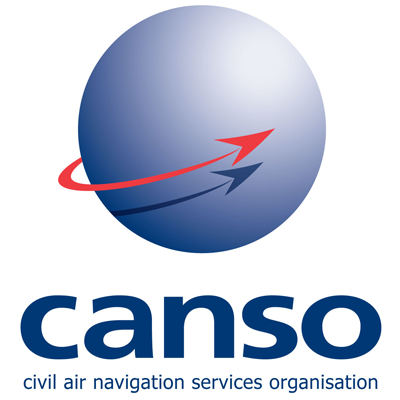CANSO outlines five key steps to transform air traffic management performance in the Middle East
- Like
- Digg
- Del
- Tumblr
- VKontakte
- Buffer
- Love This
- Odnoklassniki
- Meneame
- Blogger
- Amazon
- Yahoo Mail
- Gmail
- AOL
- Newsvine
- HackerNews
- Evernote
- MySpace
- Mail.ru
- Viadeo
- Line
- Comments
- Yummly
- SMS
- Viber
- Telegram
- Subscribe
- Skype
- Facebook Messenger
- Kakao
- LiveJournal
- Yammer
- Edgar
- Fintel
- Mix
- Instapaper
- Copy Link
Posted: 19 January 2015 | CANSO
CANSO (Civil Air Navigation Services Organisation) has outlined its proposal to reduce congestion and improve efficiency in Middle East airspace…


CANSO (Civil Air Navigation Services Organisation) has outlined its proposal to reduce congestion and improve efficiency in Middle East airspace. To meet the rapid growth of air traffic in the region, CANSO is proposing five key steps to transform air traffic management performance: effective partnership; harmonisation of airspace; separation of regulation and service provision; flexible use of military airspace; and effective and coordinated use of technology.
CANSO Director General, Jeff Poole, said “To meet the rapid growth in air traffic, the Middle East region needs safe, efficient and cost-effective air navigation services. At present, the region’s airspace is fragmented, creating safety, efficiency and capacity challenges; it is saturated, with large parts out of bounds for civilian use; and it is uncoordinated at the regional level. The five steps CANSO is proposing today are essential if we are to provide the efficient air navigation services that airlines expect and that the air traffic management industry must deliver.”
The first step is effective partnership. The transformation of ATM performance is only possible with the full support and involvement of States, air navigation service providers (ANSPs), airspace users, military organisations and airports in the region.
Poole added, “While effective cooperation has been a problem in the past, there are grounds for some optimism. CANSO strongly supports and participates in the Middle East Airspace Enhancement Programme (MAEP), led by the International Civil Aviation Organization (ICAO). MAEP aims to ensure that the planning and implementation of future ATM upgrades in the region are fully coordinated to provide an overall regional solution. In addition, the Middle East ANSP, Airspace User and Stakeholder Engagement (MEAUSE) initiative provides a forum where airspace users and stakeholders can engage in dialogue with ANSPs. But after years of talking and too little action, we must ensure that these initiatives result in firm decisions with measurable and timely deliverables.”
The second step is to strive to achieve seamless airspace in the Middle East region. The aviation business transcends national boundaries and airspace needs to be organised, and air navigation services need to be delivered, in line with the operational requirement of airspace users rather than according to national borders. States can delegate service provision to other States and/or designate a service provider to provide service coverage for a larger airspace.
Third, CANSO believes that proper separation between regulation and service provision will eliminate conflicts of interest; and will enable ANSPs to concentrate on the delivery of efficient, cost-effective and customer-oriented air navigation services.
Fourth, with half of the airspace across the region reserved for military use, more flexible use of military airspace will enable shorter routes; cost savings; fuel efficiencies; and fewer delays. To achieve this, there needs to be better coordination and partnership between military and civil aviation.
Fifth, we must harness the technology in ATM to drive and even overtake these other issues. Technology will help to harmonise systems, processes, and traffic flows in a global way without reference to national borders or even land-based equipment. Technology has the potential to free the Middle East of its present fragmentation and ATM constraints.
Poole concluded, “The Middle East is one of aviation’s great success stories. For this success to continue, it is vital to address the current constraints on air traffic management. The five steps we have outlined today are not easy but they can be achieved by partnership and cooperation across the region, between industry partners, and most importantly by States. All parts of the aviation industry in the region must grasp the opportunity for partnership offered by MAEP and MEAUSE to deliver real change to transform air traffic management performance and ensure the contribution of aviation to the economies of the region.”
Download the speech of CANSO Director General, Jeff Poole, to the CANSO Middle East Conference.













